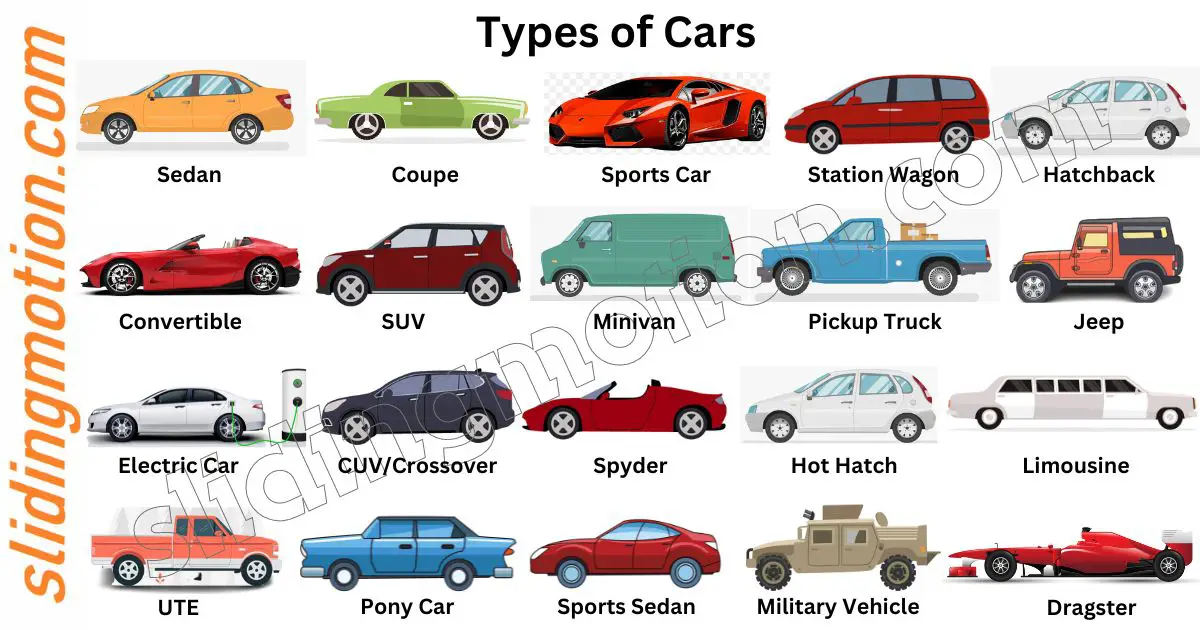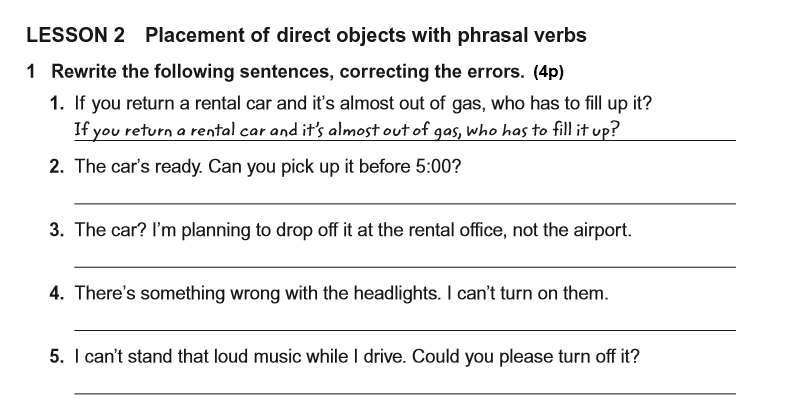UNIT 4- CARS AND DRIVING
GRAMMAR 1:
THE PAST CONTINUOS
- Bad driving habits
- Car parts
- Ways to respond (with concern / relief)
- Phrasal verbs for talking about cars.
- Car types
- Driving behavior
How can we make the past continuous? Firstly,
check that you know how to make the past simple with 'be' (subject + was /
were). Then just add verb-ing.
Here's the positive form: Was/ were
- I was sleeping
- You were working
Next, here's the negative - it's very easy,
just add 'not': wasn't/ weren't
- I was not (wasn't) sleeping
- you were not (weren't) working
And, just like the past simple with 'be', to
make a 'yes / no' question, put 'was / were' in front of the subject:
- Was I listening?
- Were you working?
To make a 'wh' question (of course) put the
question word at the beginning:
- Why was I working?
- Where were you living?
- (I / go to school when you saw me)
- (you / sleep at 6am)
- (she / work when I called)
- (we / not / leave when you called)
- (I / not / stay in a hotel)
- I was going to school when you saw me.
- You were sleeping at 6am.
- She was working when I called.
- We weren't leaving when you called.
- I wasn't staying in a hotel.
DIFFERENTIATION OF TWO GRAMMAR
 |
| Fuente:https://i.pinimg.com/originals/82/9d/88/829d887278f24b75d76637a919708407.png |
GRAMMAR 2
PLACEMENT OF DIRECT OBJECTS WITH PHRASAL VERBS
The placement of direct objects with phrasal verbs can be a bit tricky, but there are a few general rules to follow.
Separable phrasal verbs: With separable phrasal verbs, the direct object can come before or after the particle. For example:
- I'll drop off the car. OR I'll drop the car off.
Inseparable phrasal verbs: With inseparable phrasal verbs, the direct object must always come after the particle. For example:
- I'll come up with a great idea.
Pronoun objects: When the direct object is a pronoun, it must always come before the particle, even with separable phrasal verbs. For example:
- I'll fill them up.
Examples:
- Separable phrasal verb with a noun object:
- I'll drop off the car at the airport.
- I'll pick up the kids from school.
- I'll fill up the gas tank on my way home.
- Separable phrasal verb with a pronoun object:
- I'll drop it off at the airport.
- I'll pick them up from school.
- I'll fill them up on my way home.
- Inseparable phrasal verb with a noun object:
- I'll come up with a great idea for our project.
- I'll look into the problem and see if I can fix it.
- I'll run into my friend at the store.
- Inseparable phrasal verb with a pronoun object:
- I'll come up with it.
- I'll look into it.
- I'll run into him at the store.





Comentarios
Publicar un comentario